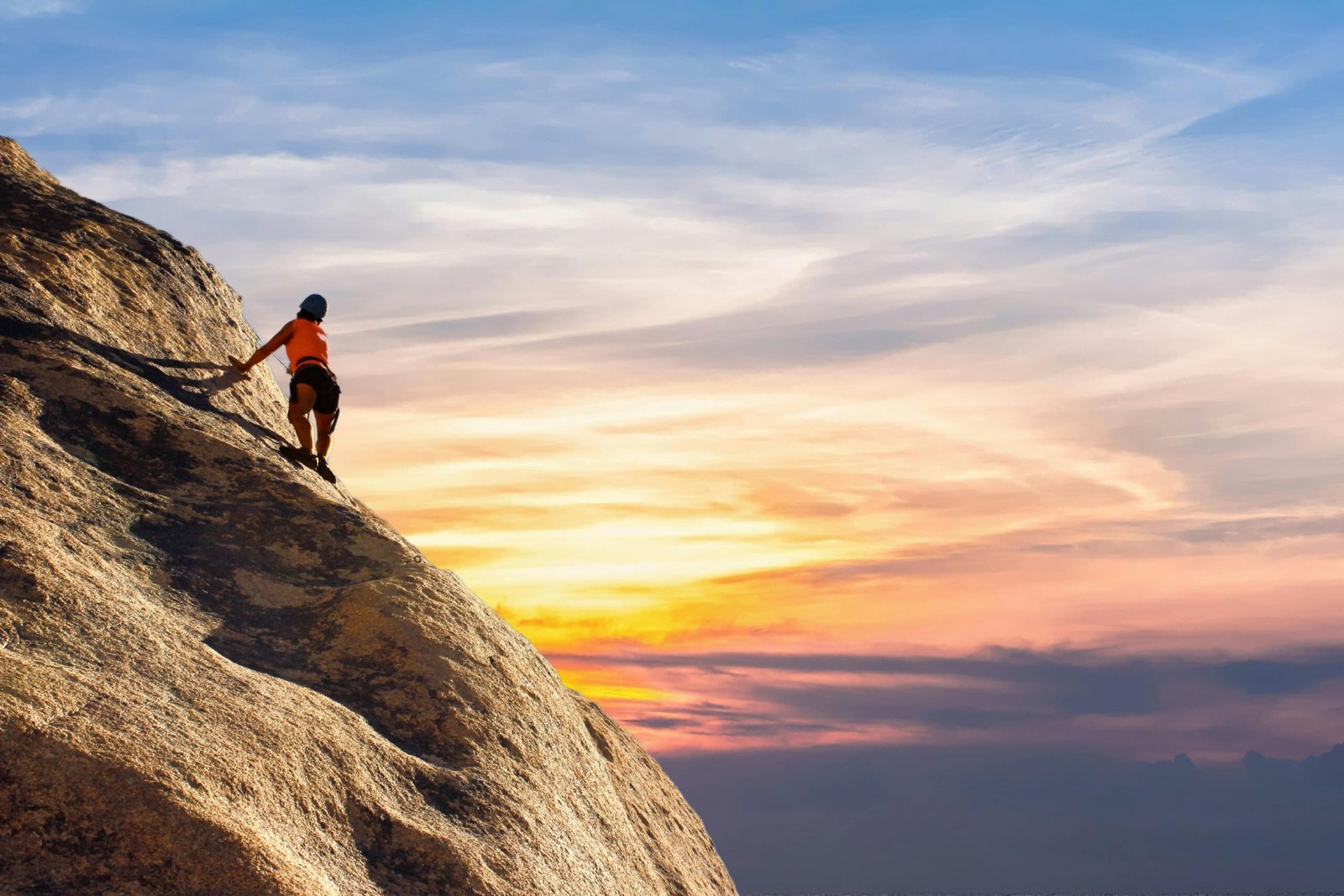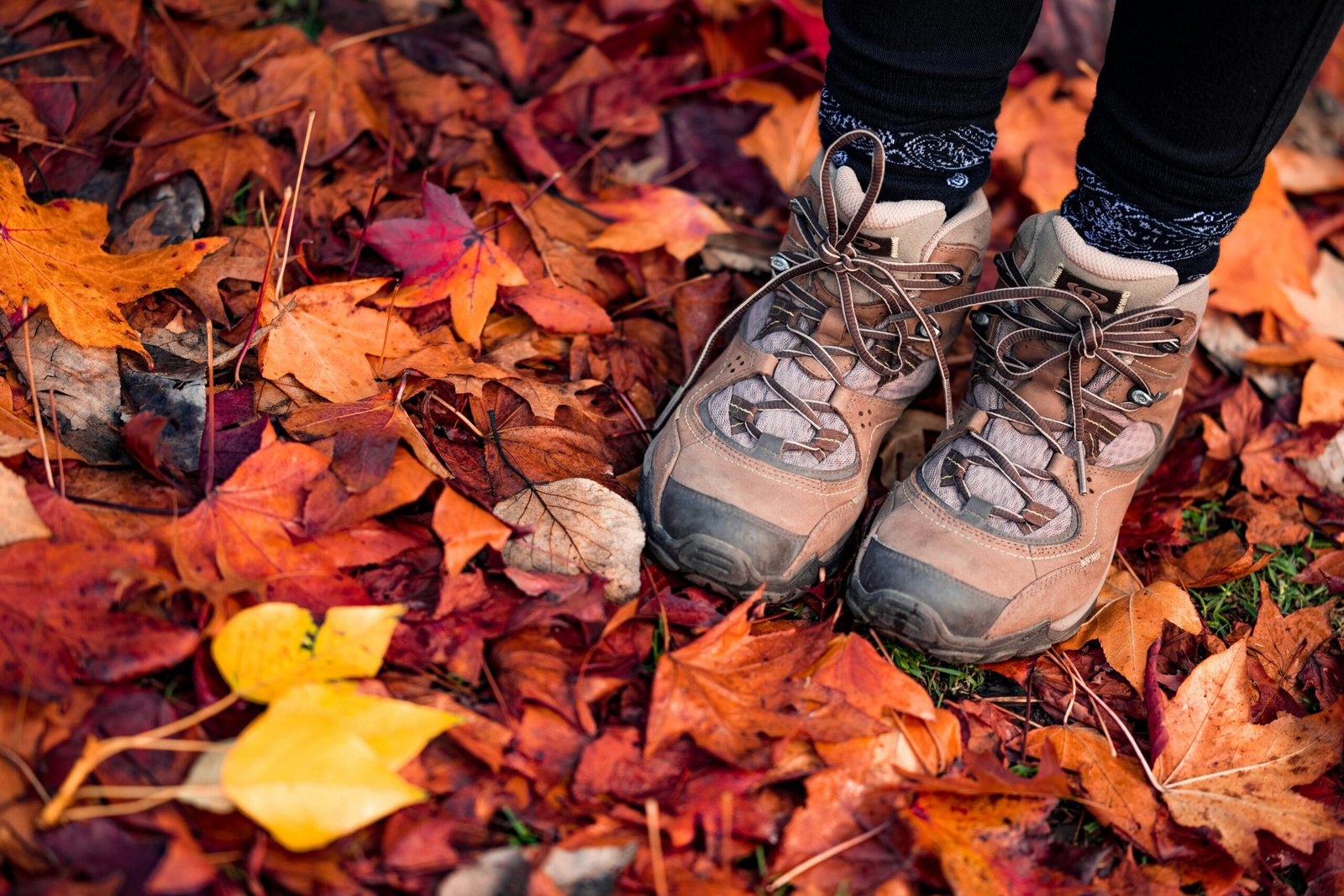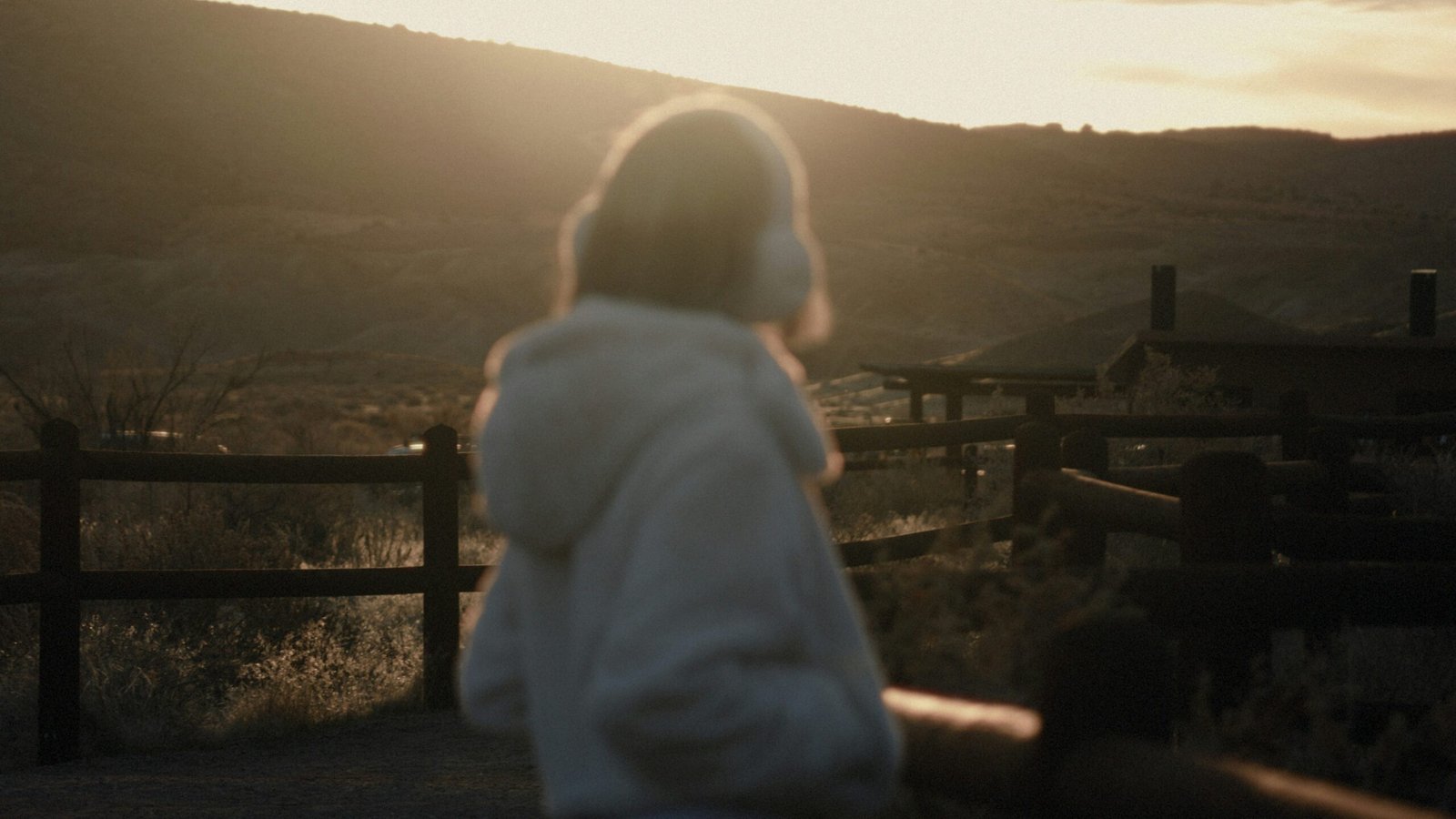Well, here we are, one year and seven months living off the grid – in our cabin in the woods. An off-grid hunt camp turned home in the blink of an eye. I’d be lying if I told you it has been all gumdrops and rainbows. You may envision lounging outdoors in a beautiful wooden chair, flipping the crisp pages of your novel as the sunsets over the river, like a vacation, all year round. Those moments happen but are often interrupted by the continuous to-do list.
Living off the grid full-time, through every season in our cold climate, is not for the faint of heart. Granted, there are certainly more efficient setups than the primitive methods we have grown accustomed to, but here we are. Despite the challenges, I’m not sure if or when we will ever leave. What began as a temporary living solution while we built our new home, has grown on us. What I do know for certain is that if / when we do eventually build, I will never take endless hot water for granted again. Ever.
After facing every season at our cabin, (almost twice now), I feel that I am qualified enough to list some pros and cons of living off the grid.

Pros of Off-Grid Living
No neighbors.
Don’t get me wrong, we have had some wonderful neighbors in the past. We have also had some terrible ones. Nonetheless, it is a beautiful feeling knowing you could walk out your door butt naked and no one but a chattering squirrel would see. Living so far from anyone has been a blessing for this introverted homebody.
Low utility bills.
I have never been so conscious of our energy usage as I am now. In this modern world, we have grown accustomed to, and take for granted the endless power supply. There’s an electronic gadget for everything to make our lives more efficient and get things done faster. Mixers, air fryers, microwaves, hair dryers, you name it. When you pay attention to your power usage though, it’s very easy to be aware of what you’re using and find alternative methods. Through winter, I cook everything on the wood stove. Our freezer is outside so it doesn’t need to be turned on through the winter. I heat water on the wood stove and so on. Our heat comes from the firewood we cut and fill our wood stove with. Simplifying everything.
New skills.
Oh, the skills I have learned here. Through trial and error, I have found a way to cook efficiently on the top of our old wood stove. It was a challenge but now it is my favorite way to cook. I’ve discovered new edible mushrooms. I learned to split wood. The list is endless.
Nature.
A family of four in a small cabin can be overwhelming at times, which is actually one of the most beautiful aspects of living off the grid. If the kids want space from us or each other, they don’t hide in their rooms, guess what they do? They go outside! They have their time watching TV, but I know for certain that like myself, my kids are far happier when they spend as much time as possible outdoors. We explore, hunt, fish, trap – you name it.
Minimalism.
Ok, I’ll be honest, I am not naturally good at this. I have to try really hard to keep only what we need and use frequently. Over the years, I have slowly adjusted to this way of thinking and living here has undoubtedly forced me to declutter even more. It feels amazing. We somehow managed to move an entire house into this camp with maybe 10 totes and a few pieces of furniture in storage. It’s a work in progress, but having fewer physical things is a blessing in itself.
Silence.
Until you spend time sleeping in the woods, you will never truly know what silence means. There is no background noise, no humming of refrigerators, no furnace kicking, nothing but silence.
Disadvantage of Off-Grid Living
Initial startup cost.
This fluctuates depending on the system you hope to acquire and the luxuries you want to sustain. If you expect daily life to be similar to being on the grid, you will be paying a hefty bill to set up the corresponding power supply. For us, we chose to live minimally and save up for a solar system if we decide to stay here. We currently use an inverter generator that will power what we need. Generally, I will use a small battery bank to power the internet and some lights during the day so that I can work from home. Then the generator will be on in the evenings to keep the minifridge cold, the kids can watch a show on TV, etc. Outside of that, there is little that we use the generator for, and have found ways to keep our power usage minimal.
Outhouse.
Need I say more? We are almost at the end of our second winter and although we are used to it, there is never a time when I enjoy going out to the outhouse in -40c.
Constant maintenance and constant work to be done.
There always seems to be something breaking or needing to be done to prepare for the days ahead. Thankfully, my husband is handy with equipment and I really don’t mind piling wood or hauling buckets of water to the cabin.
Planning ahead.
This one took me time to get used to, but I am finally getting the hang of it. Wood needs to be stacked so it’s sufficiently dry for winter, and buckets of water need to be hauled up from the river in the mornings and heated throughout the day so you have warm water. Dinner takes longer on the wood stove. Everything needs to be planned ahead to keep everything running smoothly.
Commonly Asked Questions About Living off Grid
What Are the Pros and Cons of Living Off the Grid
Living off the grid offers independence, lower utility costs, and a closer connection to nature. However, it requires significant self-sufficiency, initial investment, and hard work. Challenges include isolation, maintenance, weather dependency, and limited access to modern conveniences.
Why Is It Illegal to Live Off the Grid
Living off the grid isn’t outright illegal, but zoning laws and local building codes can make it difficult. Many areas require properties to stay connected to utilities, have approved waste systems, or meet housing codes designed for conventional living.
How Much Money Do You Need to Live Off the Grid
Startup costs typically range from $30,000 to $150,000, depending on location, land, and systems like solar power or wells. Ongoing expenses are lower, but expect to invest in renewable energy, water collection, and sustainable food production methods.
What State Is Best for Off-Grid Living
States like Montana, Idaho, Tennessee, and Texas are popular for off-grid living due to affordable land, fewer restrictions, and supportive climates. Each offers varying access to natural resources, hunting, and water rights—key factors for long-term sustainability.




2 thoughts on “Living Off the Grid: Pros and Cons”